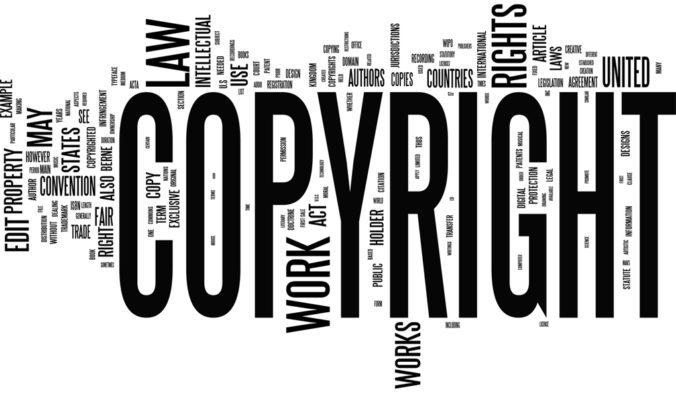The vast majority of music that you’re familiar with is subject to copyright.
Artists want to protect their music and be sure that they’re getting paid whenever it gets used. And rightfully so! They put in a lot of hard work to create some of your favorite songs.
Here are some popular myths that are floating around the internet concerning music copyright.
Myth #1: I can use any music if I’m not making money from it
Wrong. Even if you’re creating a podcast just as a hobby and have no intentions of ever monetizing it, you’re still subject to copyright law.
There aren’t exemptions for charities, not-for-profits, or any other kinds of organizations.
Myth #2: It’s okay if I play less than 10 seconds
The amount of music that you play has no bearing on whether it’s legally allowed or not. So whether you play a full song or just a short clip of a copyrighted song, neither is okay. Artists can even get in plagiarism disputes with each other if just their melody sounds too similar to an existing song!
Myth #3: As long as I provide attribution, the artist will understand
Just giving credit for the music you’re using isn’t enough to avoid copyright issues. If it was that easy, everybody would be doing it!
Myth #4: I can use any music under “fair use.”
The idea of fair use has a lot of myths and misconceptions associated with it online. While fair use is a legitimate defense for using copyrighted material in some cases, such as if you’re parodying or criticizing it, you can’t simply just use a song and then claim that it’s fair use. Use of it has to be limited and “transformative” in some way.
Myth #5: “No copyright infringement intended.”
This might be one of our favorite myths. If you look up popular songs on Youtube, you’ll often find individual users have uploaded them with a description such as “I do not own the rights to this song. No copyright infringement intended.” We’ve even seen a few podcasts try to use this defense as well.
The bottom line is that if you’re using copyrighted music, you’re infringing on their copyright whether you “intend” to or not! People who make this claim aren’t within their legal right to spread music as they see fit. They simply haven’t been caught yet!
